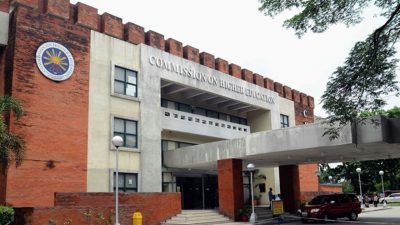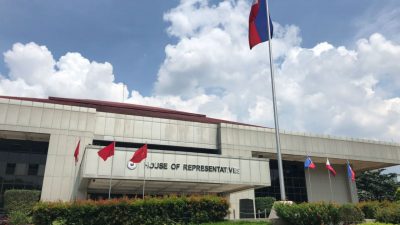MANILA — Education officials are bracing for a discouraging performance by the Philippines in the upcoming release of Program for International Student Assessment (PISA) test scores conducted by the Organization for Educational Cooperation and Development (OECD).
The triennial test evaluates the scholastic performance of 15-year-old pupils in mathematics, science, and reading across both OECD member and non-member states.
This marks the Philippines’ second participation in the global assessment, following its debut in 2018.
The Department of Education (DepEd) underscores that the insights gained from participating in PISA, combined with its National Achievement Test, will inform policy decisions and drive necessary reforms.
Vice President and Education Secretary Sara Duterte has expressed pessimism about the PISA results, stating the need for a departure from repetitive educational approaches.
She emphasized the importance of addressing learning gaps and areas for improvement in basic education.
Despite the challenges posed by the shift to remote learning during the COVID-19 pandemic, the DepEd has implemented measures to counteract years of learning losses.
Initiatives include the revitalized Matatag K to 10 curriculum, aimed at streamlining the existing curriculum and focusing on key competencies and foundational skills.
Additionally, “Catch-Up Fridays” have been introduced to provide students with dedicated time to review and engage in critical thinking activities, such as book writing, essay writing, and book reviews.
House Committee on Basic Education and Culture Committee Chairman Roman Romulo praised the Catch-Up Fridays concept and highlighted USAID’s ABC+ project, addressing low education outcomes in impoverished areas.
Romulo stressed the importance of legislative initiatives, such as amendments to the E-Gastpe Act, in improving the education system.
Looking ahead to the 2025 PISA assessment, he emphasized the need to focus on students’ foundational skills, aligning them with the new curriculum and enhancing reading comprehension.
(Amado Inigo/mnm)







